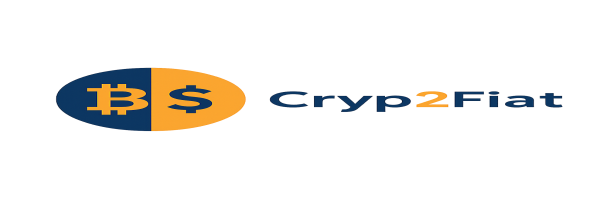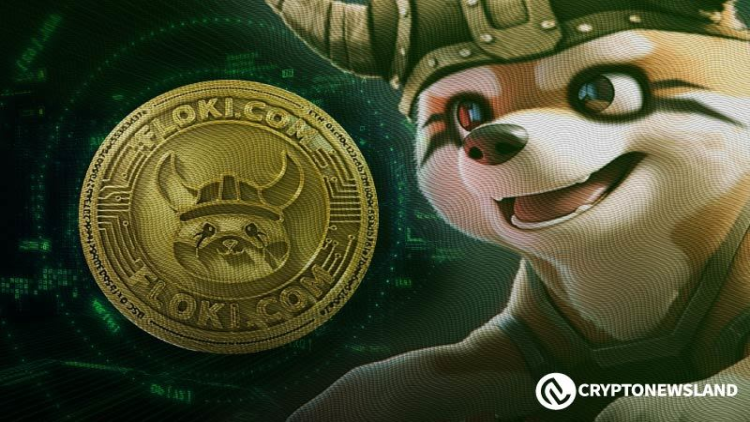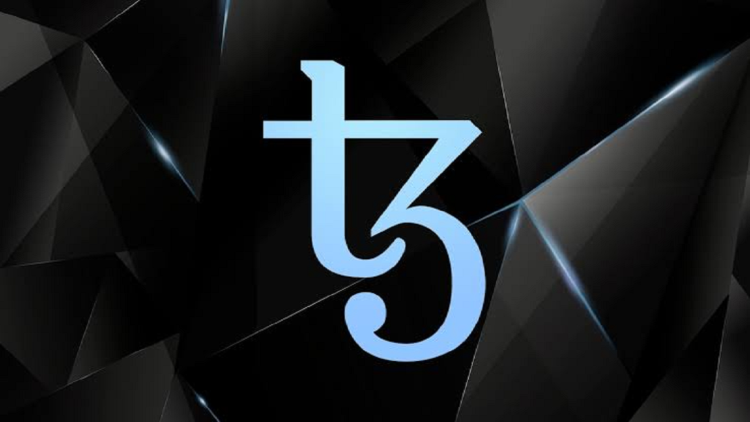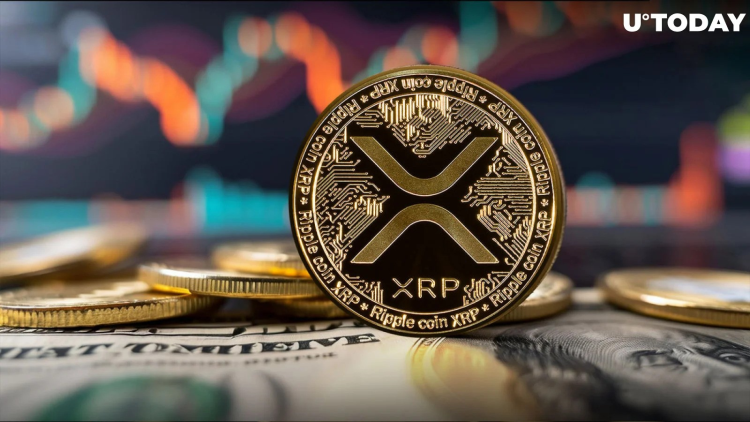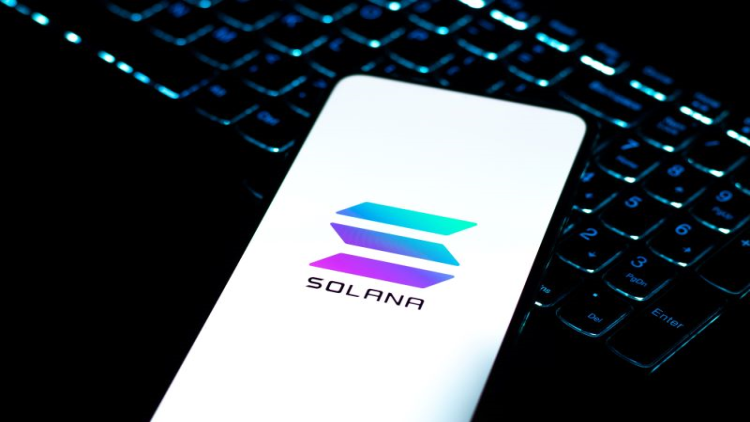What Is Solana (SOL)?
Solana is a highly functional open source project that banks on blockchain technology’s permissionless nature to provide decentralized finance (DeFi) solutions. While the idea and initial work on the project began in 2017, Solana was officially launched in March 2020 by the Solana Foundation with headquarters in Geneva, Switzerland. To learn more about this project, check out our deep dive of Solana. The Solana protocol is designed to facilitate decentralized app (DApp) creation. It aims to improve scalability by introducing a proof-of-history (PoH) consensus combined with the underlying proof-of-stake (PoS) consensus of the blockchain. Because of the innovative hybrid consensus model, Solana enjoys interest from small-time traders and institutional traders alike. A significant focus for the Solana Foundation is to make decentralized finance accessible on a larger scale.
Who Are the Founders of Solana?
Anatoly Yakovenko is the most important person behind Solana. His professional career started at Qualcomm, where he quickly moved up the ranks and became senior staff engineer manager in 2015. Later on, his professional path shifted, and Yakovenko entered a new position as a software engineer at Dropbox. In 2017, Yakovenko started working on a project which would later materialize as Solana. He teamed up with his Qualcomm colleague Greg Fitzgerald, and they founded a project called Solana Labs. Attracting several more former Qualcomm colleagues in the process, the Solana protocol and SOL token were released to the public in 2020.
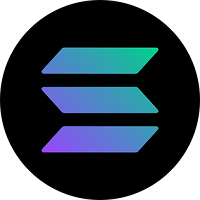
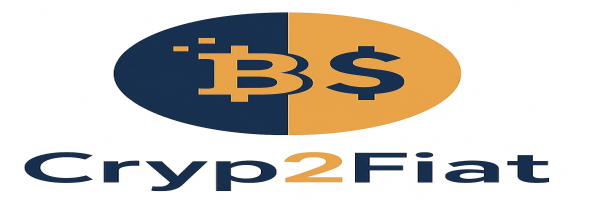
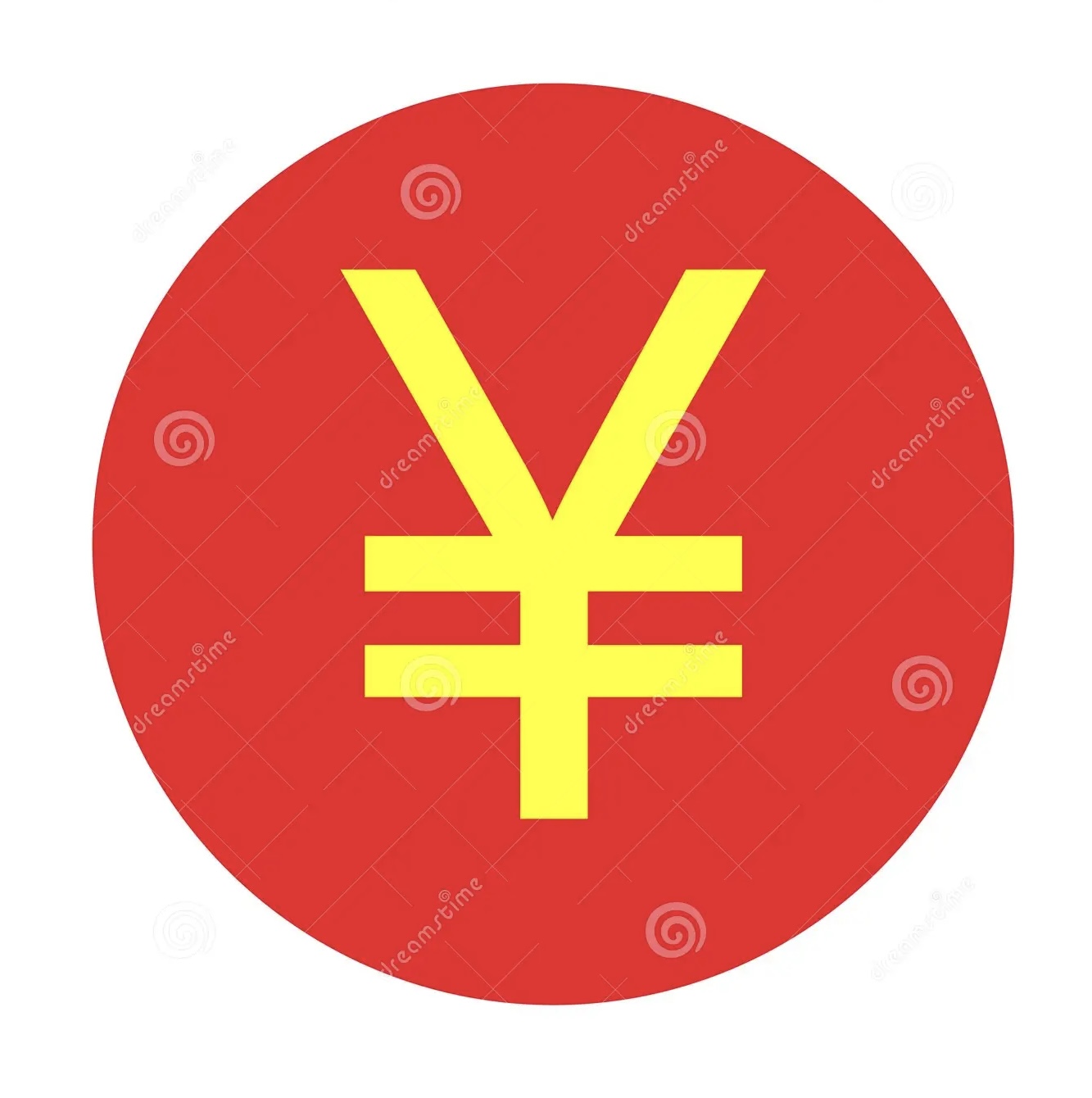 Chinese Yuan
Chinese Yuan
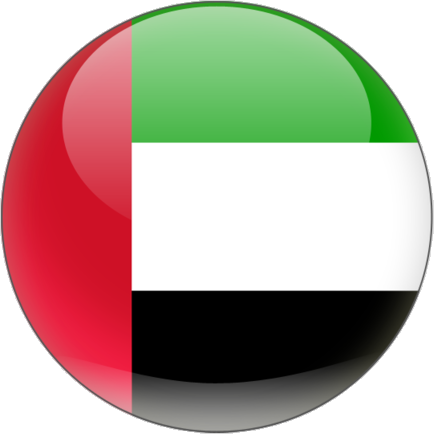 Emirates Dirham
Emirates Dirham
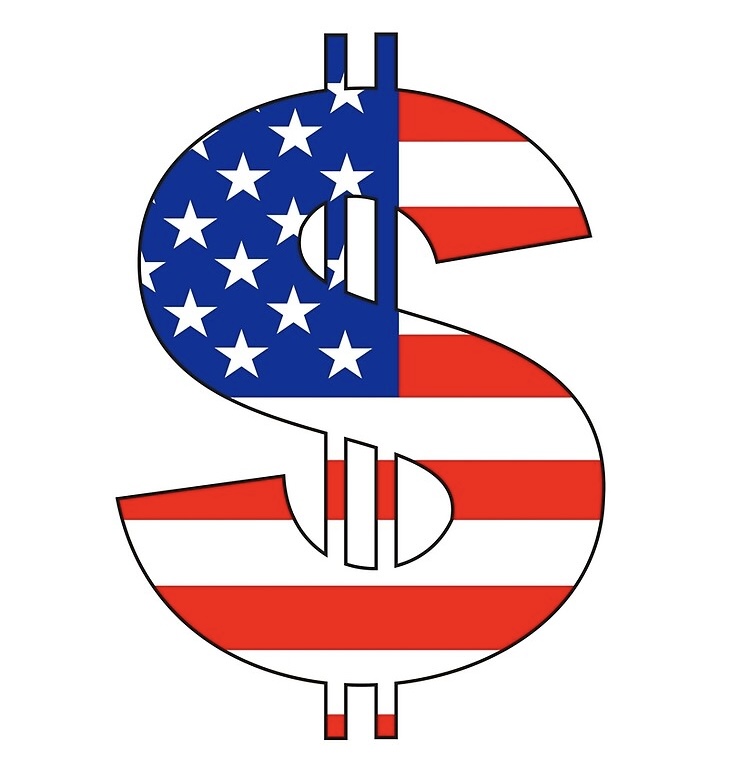 American Dollar
American Dollar
 Swiss Franc
Swiss Franc
